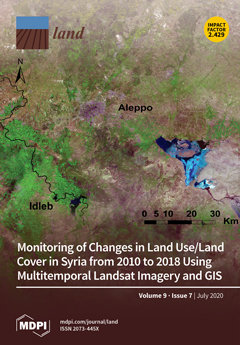Webinar Report: Multifaceted Challenges of Land and Climate Change
The webinar Multifaceted Challenges of Land and Climate Change explored the interconnection of land rights and climate responses at micro, meso and macro level. The webinar aimed to explore the following question: What kind of land governance will foster adequate climate response actions? Oxfam and partners in many countries are confronted with this two-sided problem while dealing with both land and climate justice interventions. Oxfam is currently investing in deepening the analysis of land & climate nexus at both country and global level.


